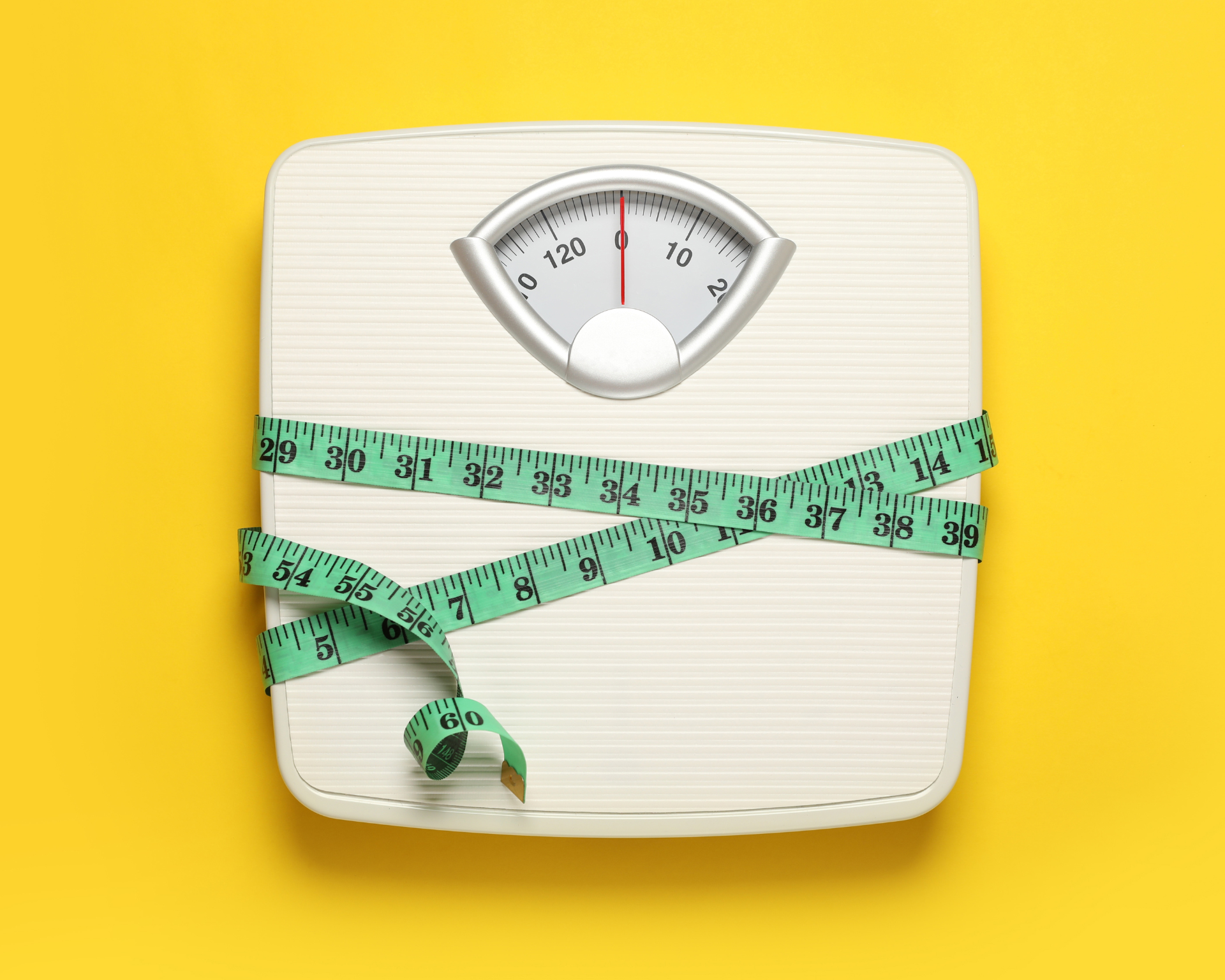Oral Health for Life
Poor oral health can have devastating health consequences, but accessing appropriate dental care can be difficult, especially for elderly Americans.

Read Time: 3 minutes
Published:
Brushing your teeth might feel like a trivial part of your daily routine, but its significance reaches far beyond minty breath. It holds the power to shape your life expectancy.
Cavities, gum disease, tooth loss, and other dental conditions can have devastating consequences for your health. Cavities can lead to infection and pain, impacting your ability to eat. Periodontitis, an advanced form of gum disease, not only threatens the stability of your teeth but has also been linked to chronic conditions, such as heart disease, diabetes, and dementia. Edentulism, or tooth loss, is the final stage of oral health decline and can affect one’s ability to chew, speak clearly, and even smile with confidence.
Jian Yu and colleagues examined the link between oral health and mortality among elderly Americans living in nursing homes and other group-living communities. The researchers examined the oral health of adults aged 60 and older by analyzing data from a national survey conducted between 1988 and 1994 that they linked to mortality data from 2015.
Participants who rated themselves as having good oral health lived longer than those who reported poor oral health. By 2015, 90% of participants who had reported poor oral health had passed away. In contrast, among those with good oral health, the mortality rate stood lower, at 80%.
The social impact of poor oral health is most pronounced for low-income adults, who often lack the funds or insurance to cover costly dental bills. Another study found that 35% of low-income adults felt embarrassed over the condition of their teeth, and 29% of low-income adults believed the appearance of their mouth and teeth hurt their ability to interview for a job. For Medicaid beneficiaries with disabilities, 16% of them found that poor oral health represented an obstacle to employment.
Increasing access to dental care could not only lower the risk of premature death but also enhance the well-being and life satisfaction of older adults.
Without a job, dental insurance is hard to find, and without insurance, it’s tough to afford dental care. Not having dental insurance is a pervasive problem in the U.S., especially for adults over 60, 40% of whom lack any kind of dental insurance. When the Affordable Care Act provided states with the option to expand Medicaid eligibility, many low-income adults in Medicaid expansion states gained access to dental coverage. However, coverage under Medicaid provides very limited services: an estimated 47 state Medicaid programs do not offer dental benefits sufficient to maintain optimal oral health.
Without access to proper dental care, which is generally prohibitively expensive for those without insurance, elderly Americans are more likely to let dental problems worsen without treatment. More than 9 out of 10 adults over 65 have cavities, and 20% of these cavities go untreated.
To improve elderly Americans’ access to oral health care, the researchers suggest simplifying dental screenings and providing treatment for elderly nursing home residents. This care can mitigate the health risks of poor oral health and reduce the likelihood of premature death.
Expanding dental coverage through Medicaid and Medicare is a critical first step focusing on early detection and prevention of dental issues. Increasing access to dental care could not only lower the risk of premature death but also enhance the well-being and life satisfaction of older adults.
Photo via Getty Images



